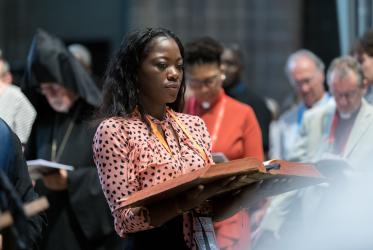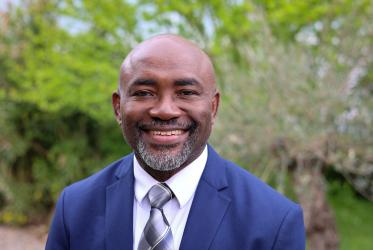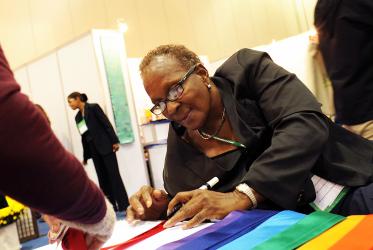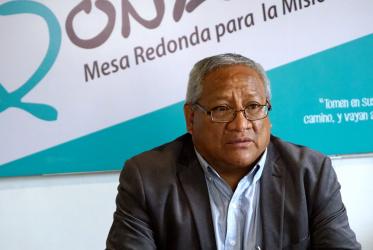Displaying 1 - 20 of 70
WCC will host consultation on evangelism and formation in Latin America
20 September 2023
Migrants in Argentina find listening ears and open hearts
04 November 2022
In a COVID-stricken world, “everyone is important”
23 October 2020














